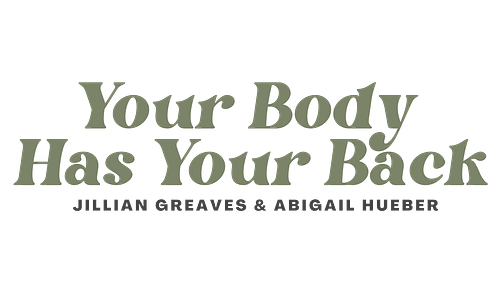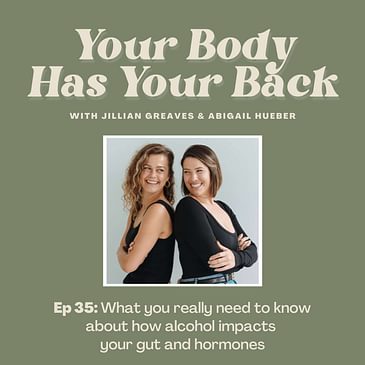In this episode, Abby and Jillian discuss the science behind how alcohol impacts your gut and hormones. They cover how alcohol might be creating barriers from seeing progress with your gut and hormone symptoms and what factors to consider.
They discuss practical tips and strategies for supporting your body when drinking alcohol, provide real life examples from their own lives as well as from their clinical practices.
Links:
Veri Continuous Glucose Monitor: Code "VSM-YBHYB" for a discount at checkout
Biokult Probiotic: Code "YBHYB20" for a discount at checkout
Jillian:
Jillian Greaves Functional Nutrition & Wellness Website
Eat To Heal Your Hormones Program
Abby:
Above Health Nutrition Website




